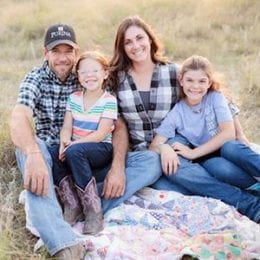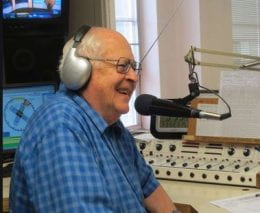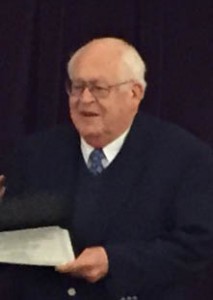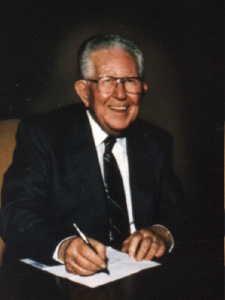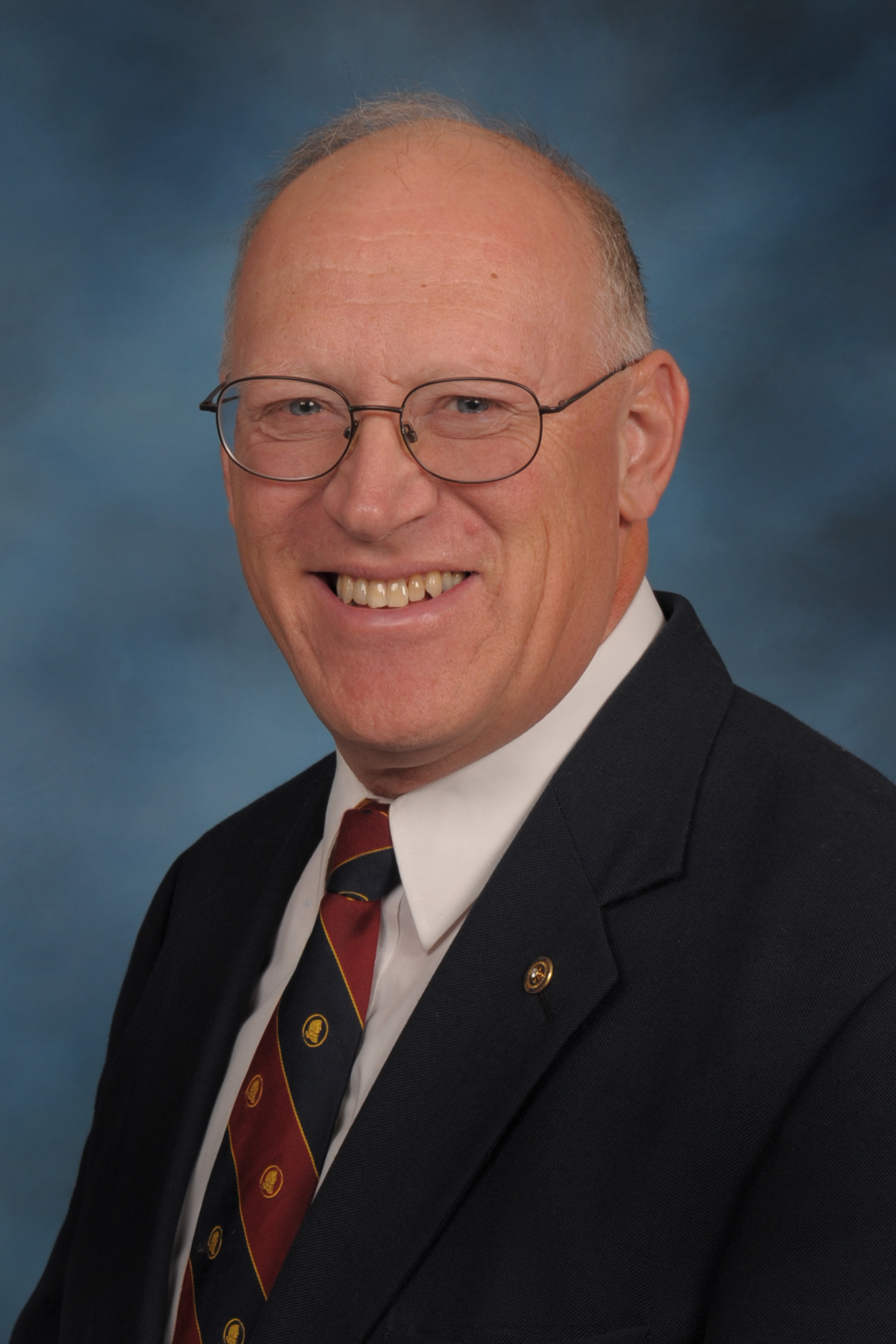“Oh, beautiful for spacious skies, for amber waves of grain….”
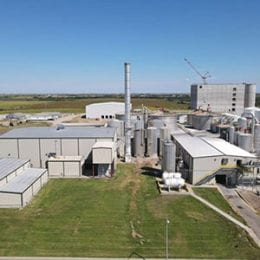
Those lines from America the Beautiful seem especially fitting to describe an exciting new wheat processing project in rural Kansas. Its name is Amber Wave.
J.D. Schlieman is executive chairman and Randy Cimorelli is CEO of this company, located in Phillipsburg, Kan. Amber Wave’s parent company is Summit Ag Investors, an Iowa-based private equity firm focused on agriculture and renewable energy.
The savvy entrepreneurs at this company observed that U.S. food manufacturers used wheat protein products, and more than 70 percent of that was imported. Such dependence on overseas suppliers became a problem when supply chain disruptions hit.
“We’re a solutions-provider to the food industry,” Cimorelli said. In this case, the solution was to generate a domestic source of wheat protein.
The company began researching how to produce more food-grade wheat protein domestically while integrating renewable fuel production. In July 2021, Amber Wave found the site to do so when it purchased an existing corn ethanol plant in Phillipsburg.
The Prairie Agri-Energy ethanol plant had been operating in Phillipsburg since 2006. It will be expanded and converted for this new purpose by Amber Wave.
“We are building a new state-of-the-art wheat mill next to the existing ethanol plant, which will be converted to use wheat starch,” Schlieman said. “The protein from the wheat flour can be extracted for food and feed use, and the starch can be used for the ethanol.”
This will produce a low carbon biofuel, which is especially in high demand in heavily-populated states like California that have standards requiring low carbon fuels.
According to Cimorelli, the innovative and integrated approach can respond to multiple market needs. “We’re creating more value-added opportunities for wheat which ultimately benefits the farmer,” he said. “We’re also helping our food manufacturers by providing a domestic, reliable source of food protein, and our location should provide freight advantages.”
The new wheat flour mill will incorporate the newest technology. “We’ll be able to make better use of water and better use of energy, so the operation will be more sustainable,” Cimorelli said. “We’re bringing new technologies into old space.”
Many know that wheat protein products are used in baking breads, pastas and snacks, but they are also important in pet food and aquaculture. Further, this is a plant-based protein. “Kudos to Summit Ag for having the vision to convert a corn ethanol plant and broaden its scope of products in this way,” Cimorelli said.
The corn ethanol plant in Phillipsburg is continuing to operate while the new wheat mill is under construction. A celebration of the new facility took place in Phillipsburg in August 2022, with Gov. Laura Kelly, Sen. Jerry Moran and others in attendance. The new plant is expected to be fully operational in summer 2023.
Why Phillipsburg? “We looked at a number of alternatives and this achieved the best combination of factors,” Schlieman said. “We needed to be in a location with good access to lots of wheat production, and this is a high-quality working ethanol plant with good employees.”
Speaking of employees, this project is anticipated to add 50-60 jobs to the existing 35 or so now working in the ethanol plant. In the near term, the construction process itself is having a major positive impact on the region.
“We are very pleased with the cooperation we’ve found in working with the community,” Schlieman said.
All told, this could be as much as a $300 million investment when the project is complete. It’s expected to be the largest wheat protein producer in North America. That’s an impressive accomplishment to find in a rural community like Phillipsburg, population 2,337 people. Now, that’s rural.
For more information, see www.amberwaveusa.com.
Now amber waves of grain can produce needed protein and environmentally friendly renewable energy, in addition to a beautiful Kansas landscape. We salute J.D. Schlieman, Randy Cimorelli and all those involved with Amber Wave for making a difference with this innovative investment.
They are creating a whole new level of value, above the fruited plain.
